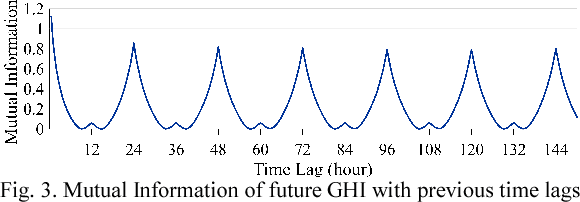Convolutional Graph Auto-encoder: A Deep Generative Neural Architecture for Probabilistic Spatio-temporal Solar Irradiance Forecasting
Paper and Code
Sep 10, 2018



Machine Learning on graph-structured data is an important and omnipresent task for a vast variety of applications including anomaly detection and dynamic network analysis. In this paper, a deep generative model is introduced to capture continuous probability densities corresponding to the nodes of an arbitrary graph. In contrast to all learning formulations in the area of discriminative pattern recognition, we propose a scalable generative optimization/algorithm theoretically proved to capture distributions at the nodes of a graph. Our model is able to generate samples from the probability densities learned at each node. This probabilistic data generation model, i.e. convolutional graph auto-encoder (CGAE), is devised based on the localized first-order approximation of spectral graph convolutions, deep learning, and the variational Bayesian inference. We apply our CGAE to a new problem, the spatio-temporal probabilistic solar irradiance prediction. Multiple solar radiation measurement sites in a wide area in northern states of the US are modeled as an undirected graph. Using our proposed model, the distribution of future irradiance given historical radiation observations is estimated for every site/node. Numerical results on the National Solar Radiation Database show state-of-the-art performance for probabilistic radiation prediction on geographically distributed irradiance data in terms of reliability, sharpness, and continuous ranked probability score.
 Add to Chrome
Add to Chrome Add to Firefox
Add to Firefox Add to Edge
Add to Edge